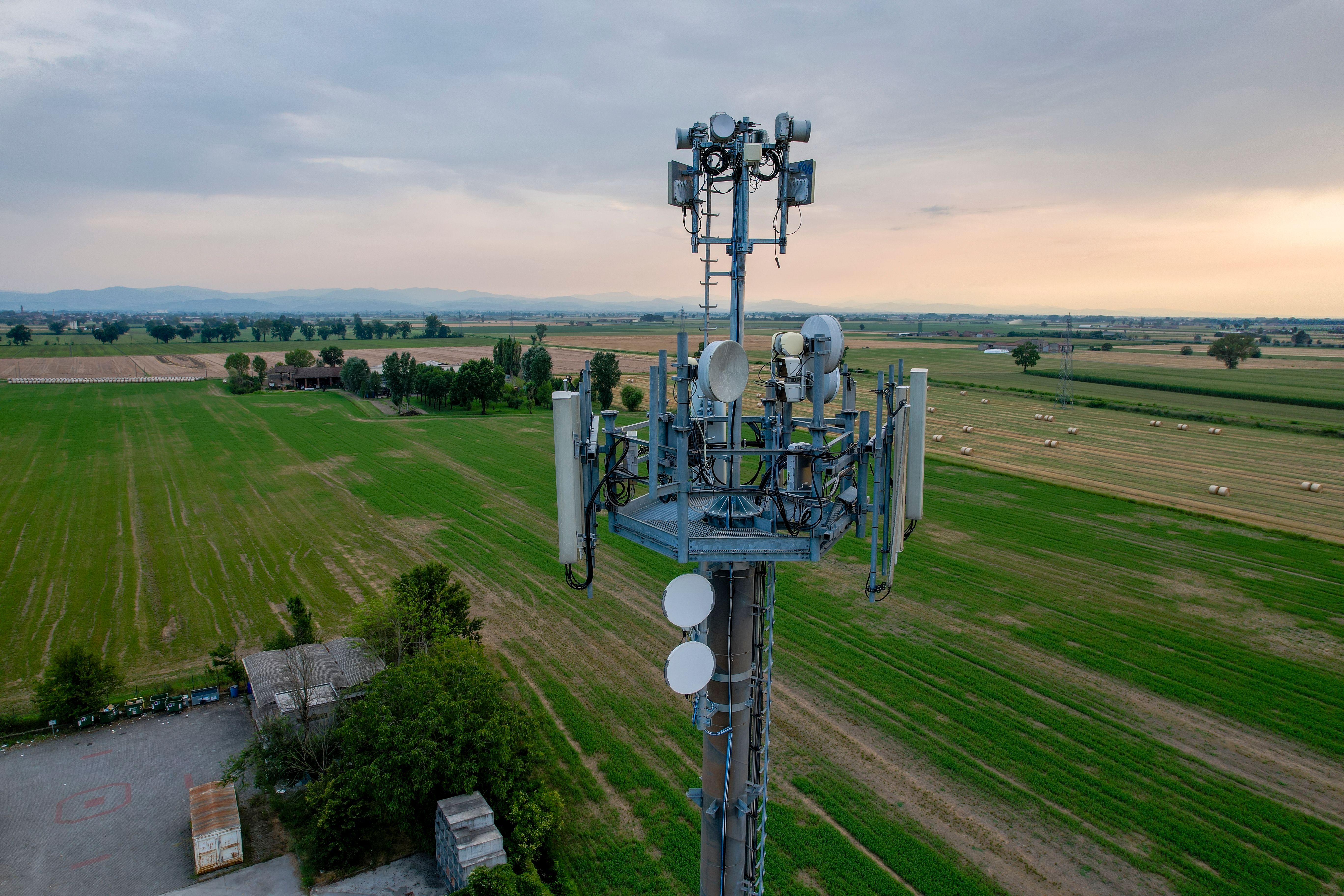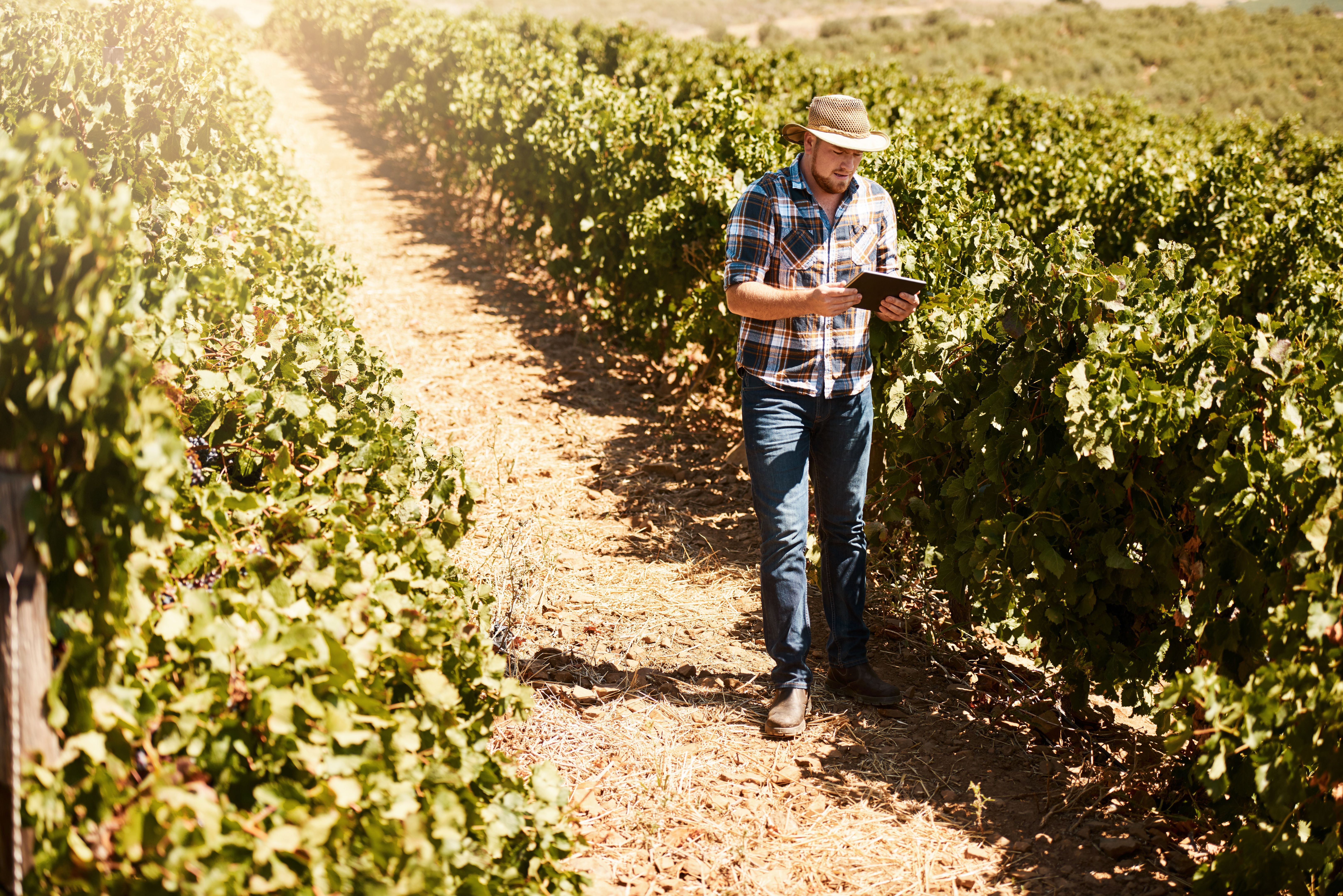Top 5 Myths About Going Digital in Townships
Myth 1: Digital Infrastructure is Non-Existent
One of the biggest myths about going digital in townships is the assumption that digital infrastructure is completely lacking. While it's true that some rural regions may have slower internet speeds compared to urban areas, the situation is rapidly improving. Investments in broadband expansion and satellite internet services are bringing reliable connectivity to these communities.

Efforts to Improve Connectivity
Governments and private companies are actively working to bridge the digital divide. Initiatives like grants and subsidies are being offered to encourage internet service providers to extend their networks. This means that even in remote areas, the digital infrastructure is becoming more robust.
Myth 2: Digital Skills are Lacking
Another common misconception is that people in townships and rural areas lack the skills needed to thrive in a digital world. However, this is not entirely accurate. Many individuals in these communities are eager to learn and adapt. Educational programs and workshops are being conducted to help enhance digital literacy.
The following agencies are very active in this space:
1. National Electronic Media Institute of South Africa (NEMISA): A state agency that collaborates with various stakeholders (including universities and NGOs) to provide e-skills training in rural and semi-urban areas.
2. National Digital and Future Skills Strategy: This government strategy guides efforts in fostering basic and intermediate digital skills, upgrading teacher digital skills, and promoting digital infrastructure in schools.
3. Vodacom Digital Skills Hub (Techstart): Offers various courses, including a focus on digital literacy, in collaboration with accredited organisations, with the mission to upskill young people across Africa.
..... And the list goes on and on.

Training and Educational Programs
Local organizations, libraries, and schools often offer free or low-cost training sessions. These programs focus on teaching basic computer skills, internet navigation, and even more advanced topics like coding and digital marketing. As a result, more rural residents are becoming equipped to participate in the digital economy.
Myth 3: Digital Transition is Expensive
There's a prevalent belief that transitioning to digital platforms is costly, especially for small businesses and farms in rural areas. While there are initial costs involved, the long-term benefits often outweigh these expenses. Digital tools can lead to increased efficiency, reduced operational costs, and broader market reach.

Cost-Effective Solutions
Many digital tools and platforms offer scalable solutions that can fit various budgets. There are also free resources and open-source software available, which can significantly reduce the financial burden of going digital. Additionally, grants and financial assistance programs are available to support rural businesses in this transition.
Myth 4: Digitalization is Only for Urban Businesses
Some believe that digitalization only benefits businesses in urban areas. However, township and rural businesses can also reap significant rewards. By embracing digital platforms, rural entrepreneurs can reach a global audience, diversify their customer base, and optimize their operations.
Success Stories from Rural Areas
There are numerous success stories of rural businesses thriving online. Farmers using e-commerce platforms to sell directly to consumers or artisans reaching international markets through online marketplaces are just a few examples. Digitalization offers endless opportunities, irrespective of geographical location.

Myth 5: Digitalization Threatens Traditional Culture
Finally, there is a fear that going digital might erode traditional cultures and ways of life. In reality, digital platforms can be used to preserve and promote cultural heritage. By sharing local traditions, crafts, and stories online, rural communities can attract interest and support from around the world.
Preserving Culture Through Digital Means
Social media, blogs, and websites can serve as virtual museums, showcasing local history and culture. Additionally, digital archives can help preserve languages and customs that might otherwise be at risk of fading away. Embracing digital tools can actually strengthen cultural identity, rather than diminish it.
